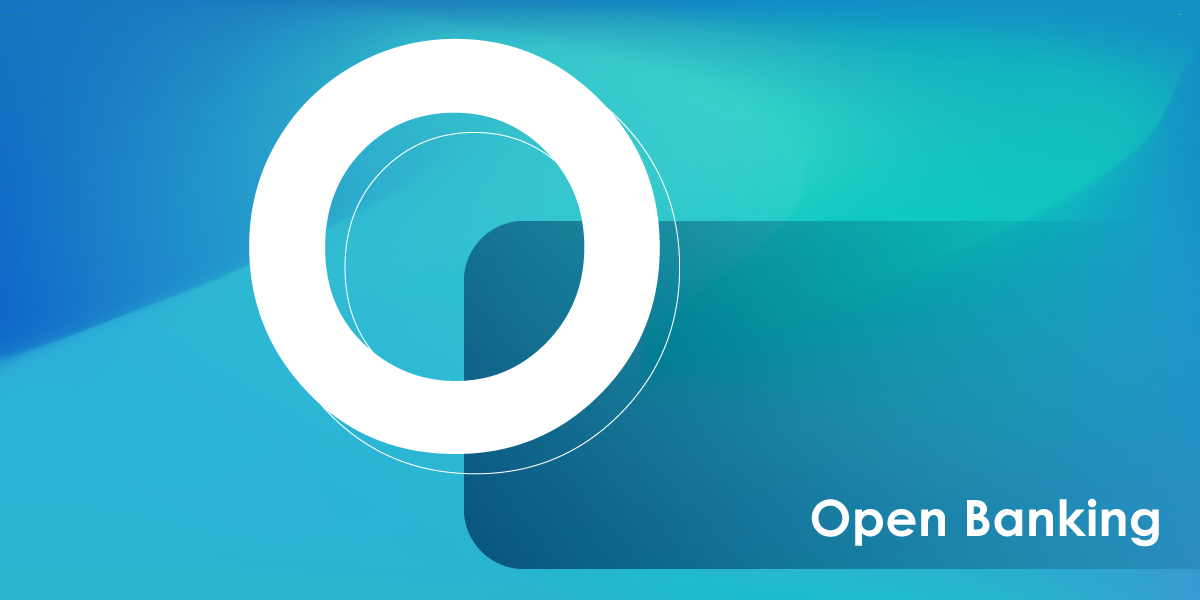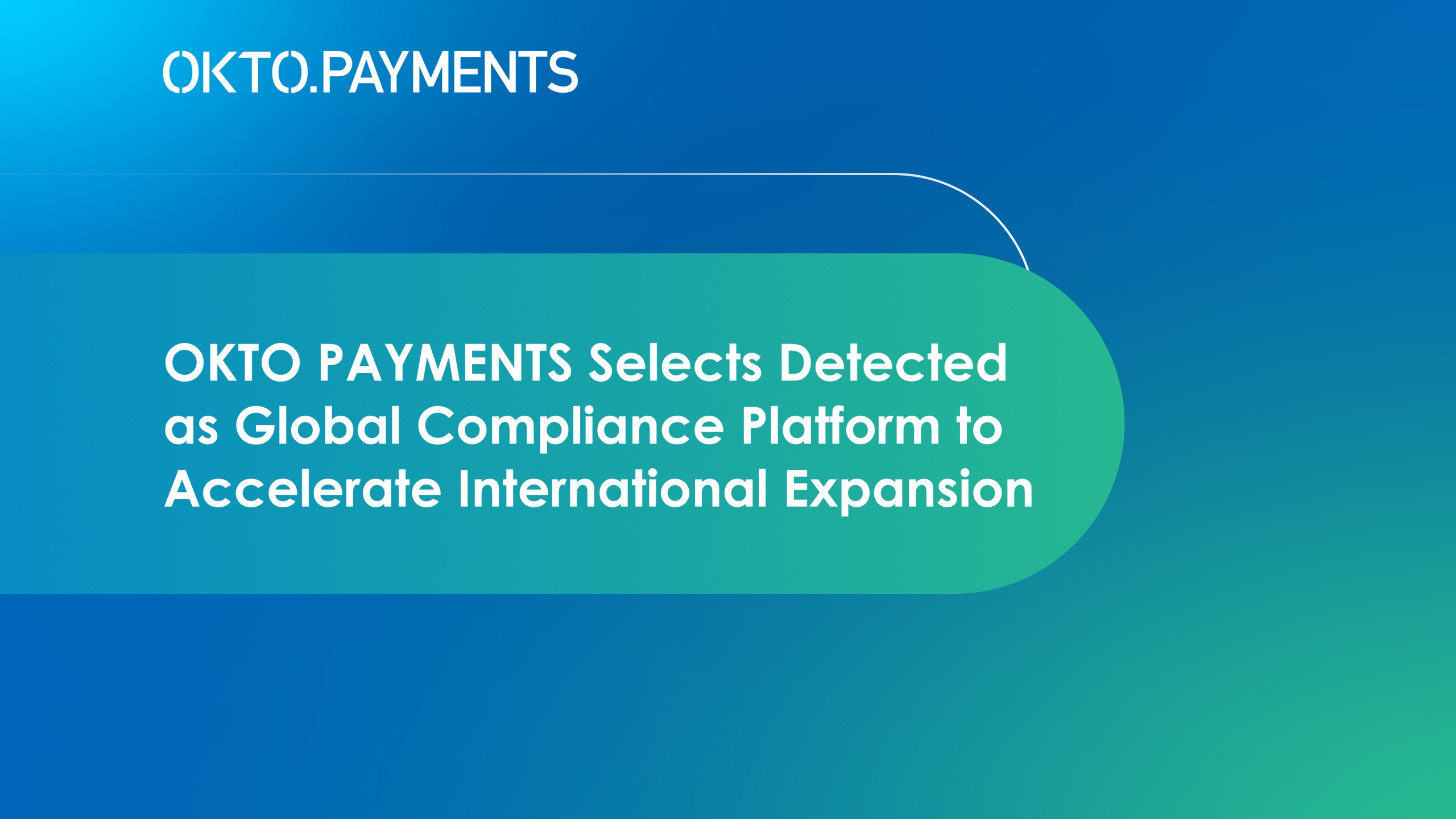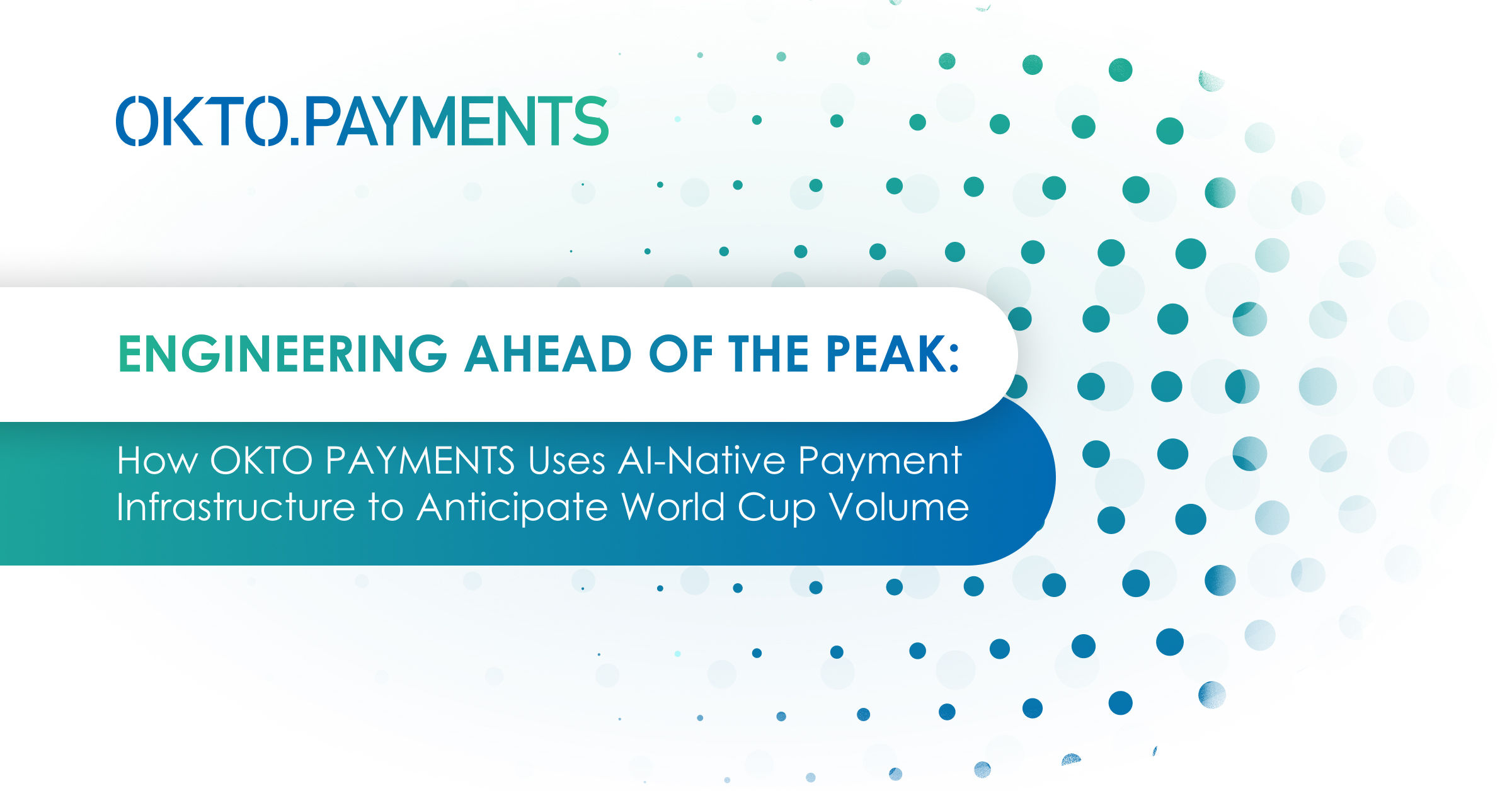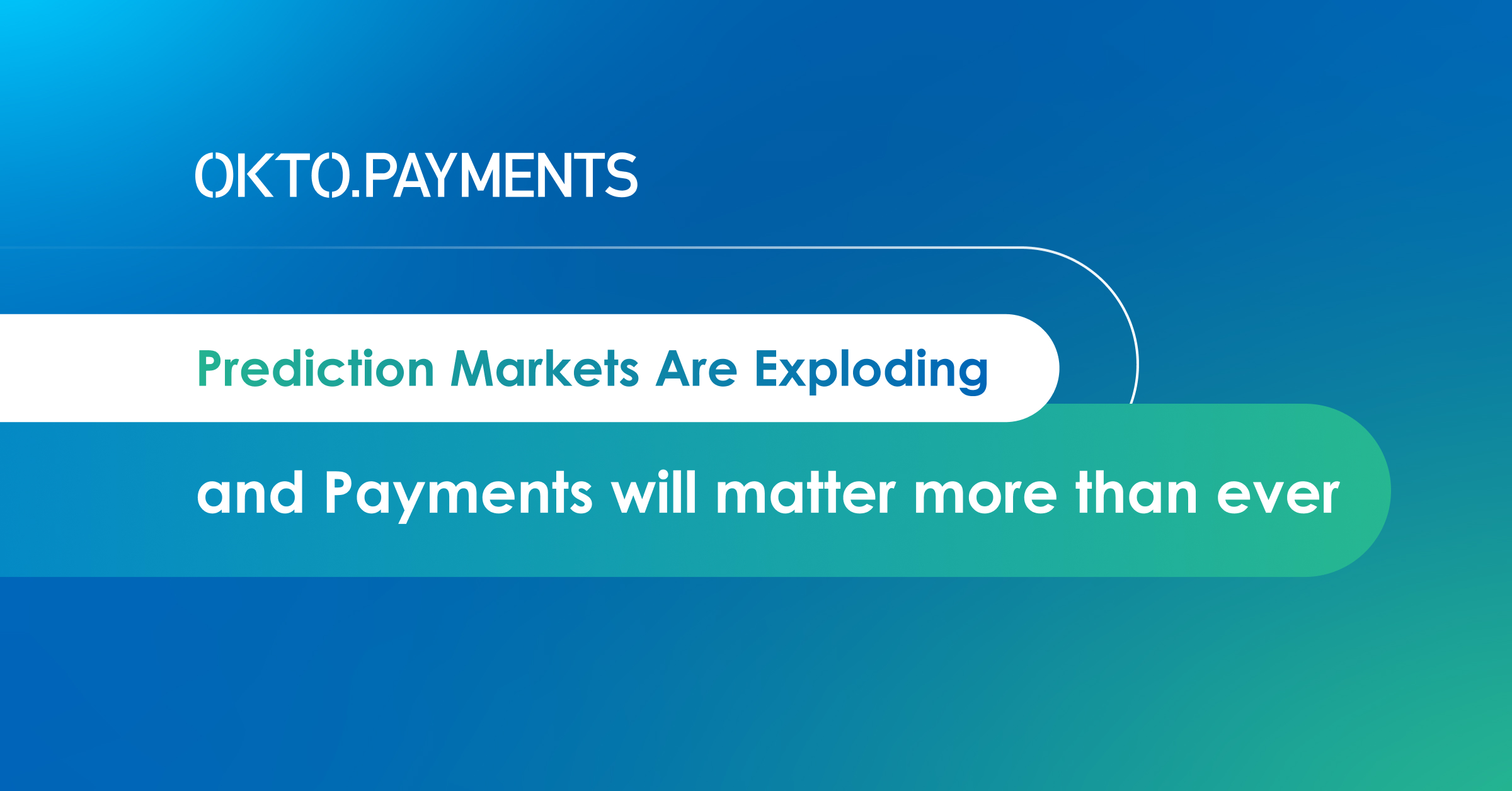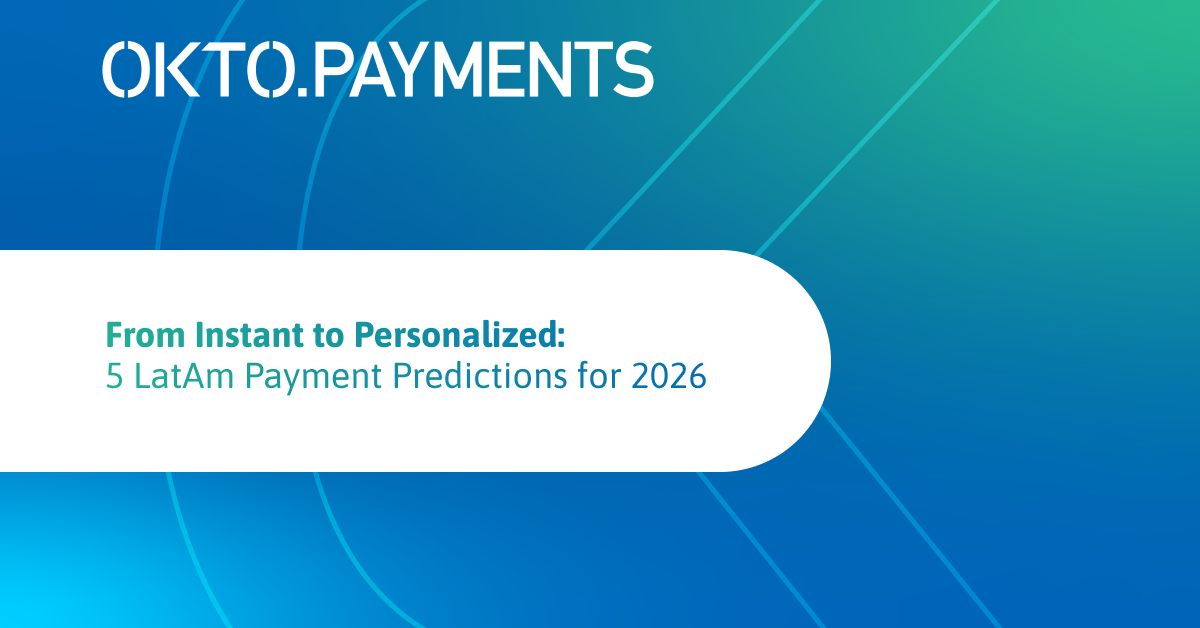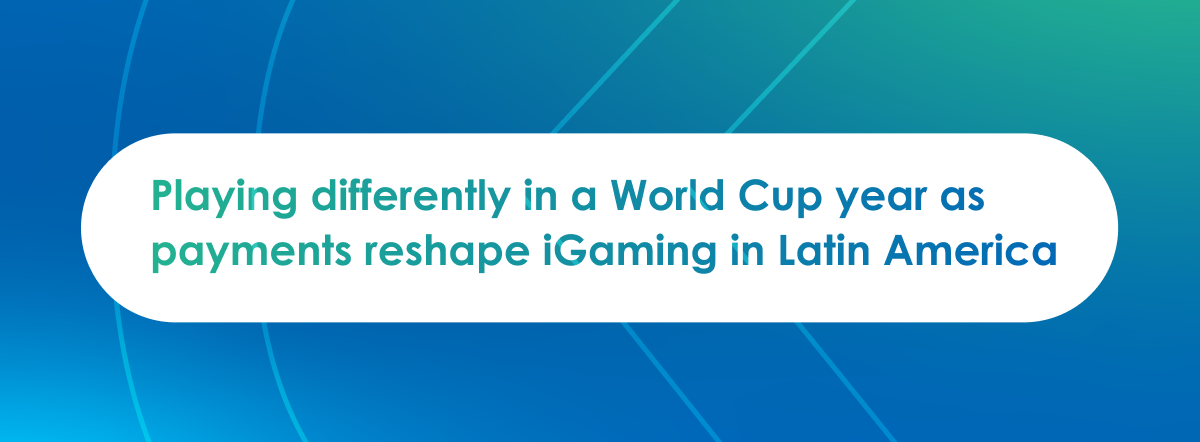In today’s digital age, the concept of open banking is reshaping the landscape of financial services. But what exactly is open banking, and how does it function? Let’s delve into open banking definition and workings of open banking to understand its significance in the modern economy.
Open banking has emerged as a transformative force in the financial industry, revolutionizing the way consumers and businesses manage their finances. In this article, we delve into the definition of open banking and unravel its mechanisms. It’s a concept that originated Payment Services Directive 2 (PSD2), which mandated banks to open up their data to authorized third parties, fostering competition and innovation.
Open Banking Definition
Open banking refers to the practice of allowing third-party financial service providers access to consumer banking, transaction, and other financial data through the use of Application Programming Interfaces (APIs). It enables customers to share their financial information securely with other financial institutions, fintech companies, or authorized third parties.
How Open Banking Works:
Data Sharing
At the core of open banking is the sharing of customer-permitted financial data between banks and third-party providers. Through secure APIs, banks allow access to a customer’s account information, transaction history, and other financial data.
API Integration
Banks develop APIs that allow third-party developers to access specific sets of data securely. The role of APIS in open banking and financial services is crucial. These APIs facilitate the exchange of information between different systems, enabling third-party providers to create innovative financial products and services.
Consent Management
Open banking emphasizes customer consent and control over their financial data. Customers must explicitly grant permission for third-party providers to access their data, and they can revoke access at any time.
Innovation and Competition
By opening up access to financial data, open banking promotes innovation and competition within the financial industry. Fintech startups and other third-party providers can leverage this data to develop new services, such as budgeting apps, personalized financial advice platforms, and alternative lending solutions.
Benefits of Open Banking
- Enhanced Financial Services: Open banking fosters the development of innovative financial products and services tailored to individual customer needs. From personalized budgeting tools to streamlined loan application processes, consumers benefit from a wider range of options and improved user experiences.
- Increased Competition: Open banking encourages competition among financial institutions and fintech companies, driving down costs and spurring innovation. This competition can lead to better interest rates, lower fees, and improved customer service as companies vie for market share.
- Empowered Consumers: With greater control over their financial data, consumers can make more informed decisions about their finances. They can easily compare financial products, access personalized recommendations, and manage their accounts more effectively.
Implications of Open Banking:
- Data Security and Privacy: While open banking offers numerous benefits, it also raises concerns about data security and privacy. Banks and third-party providers must implement robust security measures to protect customer data from unauthorized access or misuse.
- Regulatory Compliance: Open banking initiatives are subject to regulatory oversight to ensure consumer protection and data security. Regulatory bodies may establish standards and guidelines for data sharing practices, consent management, and security protocols.
- Digital Transformation: Open banking is driving a broader digital transformation within the financial industry. Banks and traditional financial institutions are adapting their business models to embrace digital technologies and meet the evolving needs of customers in the digital age.
Open banking represents a significant shift in the way financial services are delivered and consumed. By enabling secure data sharing and fostering innovation, open banking holds the potential to transform the financial landscape, empowering consumers and driving competition and innovation within the industry. As open banking continues to evolve, it will be essential for stakeholders to navigate regulatory challenges and prioritize data security and privacy to realize its full potential.



